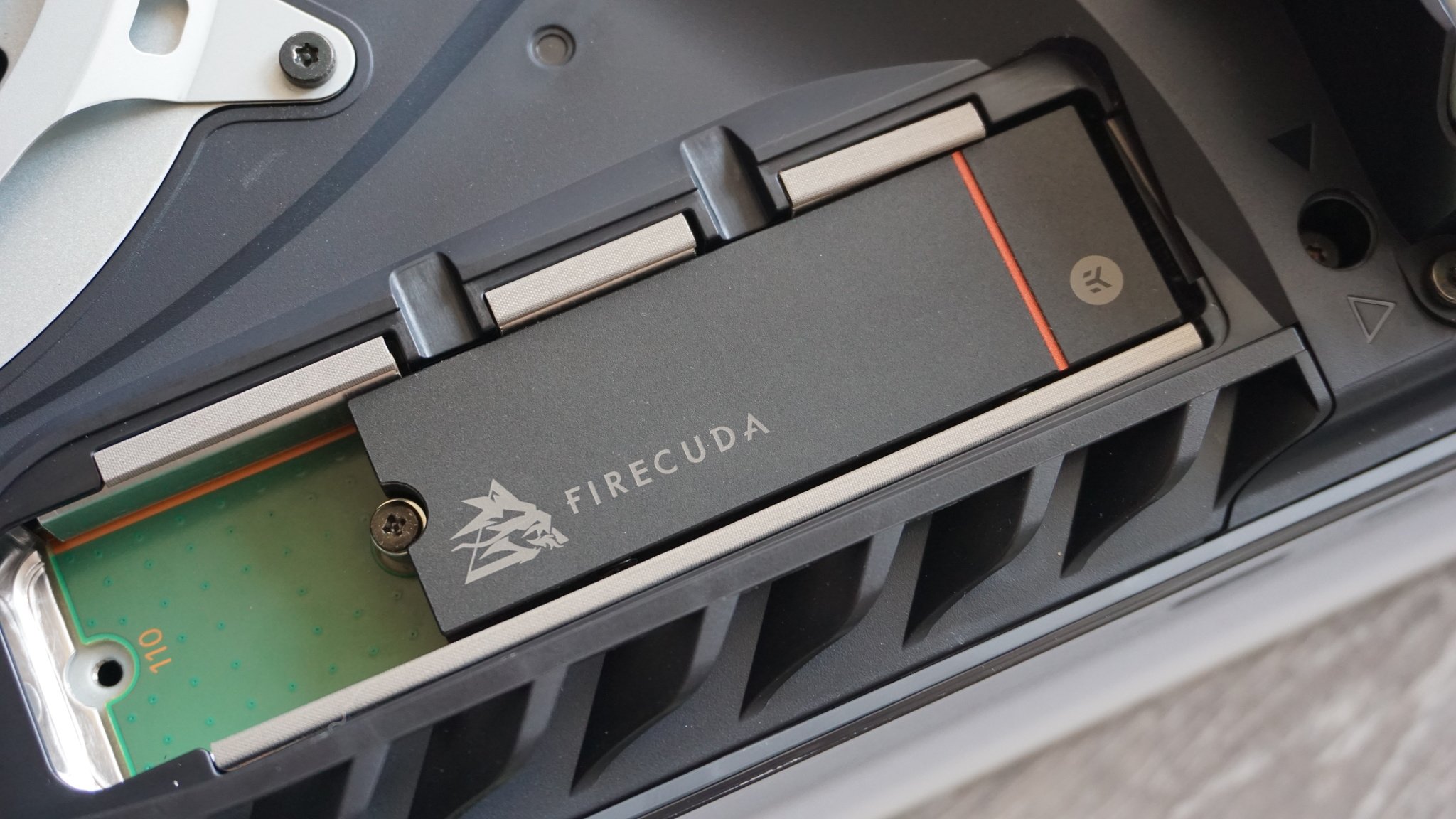Android Central Verdict
Bottom line: Seagate knocked it out of the park with the FireCuda 530. It's fully compatible with PS5 and works just as well as its built-in SSD. Anyone looking to upgrade their PS5 storage should consider the FireCuda 530 with heatsink.
Pros
- +
Blazing fast speeds
- +
Performance is comparable to built-in PS5 SSD
- +
Quick and smooth transfers
Cons
- -
Larger sizes are expensive
- -
Out-of-stock at many stores
Why you can trust Android Central
Solid-state drives (SSDs) have been a staple in the PC gaming space for years now, but consoles have been well behind the trend since their inception. It's only now in the ninth generation that systems from Xbox and PlayStation are seeing SSDs built-in, favoring those higher speeds as opposed to the inferior speeds of comparably stone-aged HDDs. This all means bigger and better games for players, but most importantly — faster games. Load times on new-gen consoles like the PS5 and Xbox Series X have been reduced to a handful of seconds, and in some cases they are almost instantaneous.
Much to people's confusion, Sony shipped the PS5 with an 825TB (the Xbox Series X features a 1TB SSD), of which only 667GB is usable. That's not ideal for anyone, especially when games are frequently 50GB or larger. Because the PS5 didn't launch with storage expansion for PS5 games, players needed to delete and redownload their games if the SSD ran out of space. Now that PlayStation supports expanded internal SSD storage (at least for beta users), we've been able to test out Seagate's FireCuda 530 SSD.
The FireCuda 530 is easily one of the best SSDs for PS5 you can currently buy, delivering lightning-fast loading speeds comparable to that of the PS5's built-in SSD. Though the installation process can be a hassle — which is entirely PlayStation's fault and has nothing to do with Seagate — it's an excellent choice for your storage expansion needs.
FireCuda 530 SSD: Price and availability
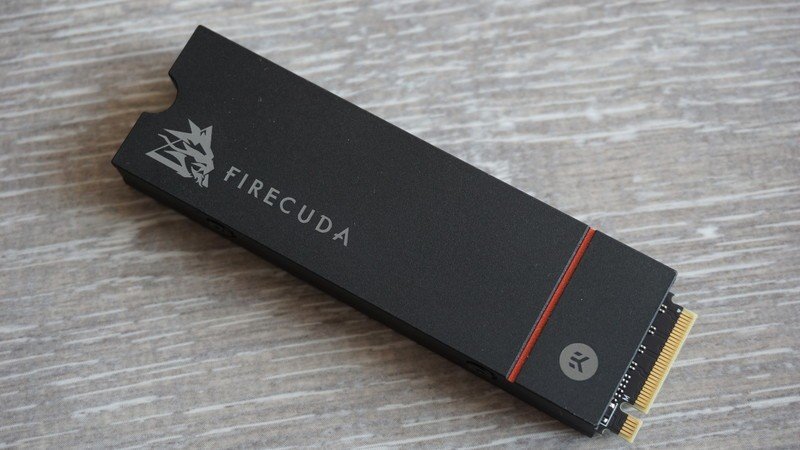
Seagate introduced its FireCuda 530 in June 2021 and released its models shortly thereafter. Though it can be purchased without its heatsink, you'll want to get the model with the heatsink for PS5. These come in 500GB, 1TB, 2TB, and 4TB versions. Retailers like Amazon, Best Buy, and Newegg carry the FireCuda 530; however, they're sold out at most stores right now.
FireCuda 530 SSD: What's good
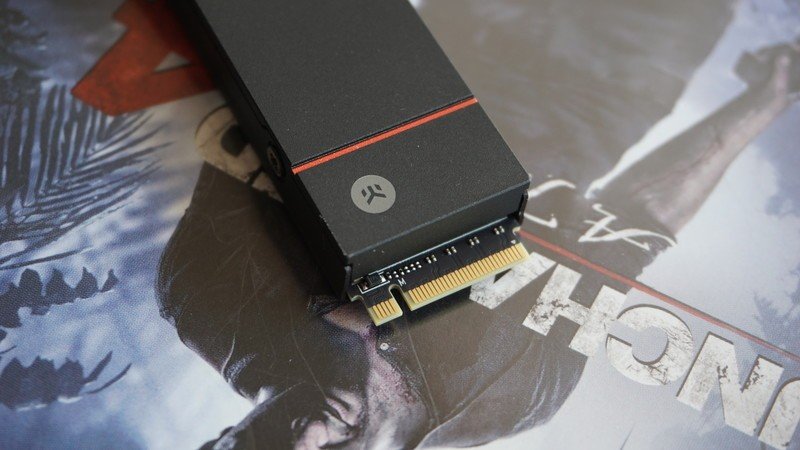
For the purposes of this review, I tested out the FireCuda 530 with my PlayStation 5. Seagate provided me with the 2TB model, and it fits perfectly within the PS5's SSD enclosure. I'll get more into the installation process later, but once everything was set up, the console prompted me to reformat the drive, which took less than a minute. After getting that settled, it was time to test some games.
I tested every game five times each on the PS5's internal SSD and the FireCuda SSD, taking the average for the numbers below. I never encountered any wild numbers randomly that would throw off the data in any way. Both SSDs were consistent and nearly identical in their performances. Whatever differences there were fell down to milliseconds — a second at most — and these are negligible.
From the PS5 home screen to the game's start menu:
| Loading Speed Test | PS5 (SSD) | FireCuda 530 (SSD) |
|---|---|---|
| Ghost of Tsushima | 7.34 seconds | 7.14 seconds |
| Control Ultimate Edition | 8.88 seconds | 8.64 seconds |
| No Man's Sky | 16.18 seconds | 17.59 seconds |
| Star Wars Jedi: Fallen Order | 52.57 seconds | 51.98 seconds |
| Ratchet and Clank: Rift Apart | 7.92 seconds | 7.81 seconds |
From a game's start menu to playing the game:
| Loading Speed Test | PS5 (SSD) | FireCuda 530 (SSD) |
|---|---|---|
| Ghost of Tsushima | 3.66 seconds | 3.71 seconds |
| Control Ultimate Edition | 10.44 seconds | 10.13 seconds |
| No Man's Sky | 16.98 seconds | 17.16 seconds |
| Star Wars Jedi: Fallen Order | 17.84 seconds | 17.83 seconds |
| Ratchet and Clank: Rift Apart | 2.34 seconds | 2.31 seconds |
After using the FireCuda for two weeks, I'm confident that it can maintain these speeds consistently. The FireCuda 530 advertises a max read speed of up to 7,000 MB/s, but in reality, it hits closer to a little less than 7,000, according to my PS5 when I first formatted the drive. This is common with most hardware like this, so there's no surprise here. Nevertheless, a read speed of nearly 7.000 is quite impressive, and as you can see from my testing above, in practice, it's almost identical to the PS5's built-in SSD.
Transferring data to and from the FireCuda takes as little as ten seconds to around a minute. I transferred games well over 60GB, and these would take 30 seconds or so to move from the built-in SSD to the FireCuda. Moving them back from the FireCuda to the built-in SSD took slightly longer.
FireCuda 530 SSD: What's not good
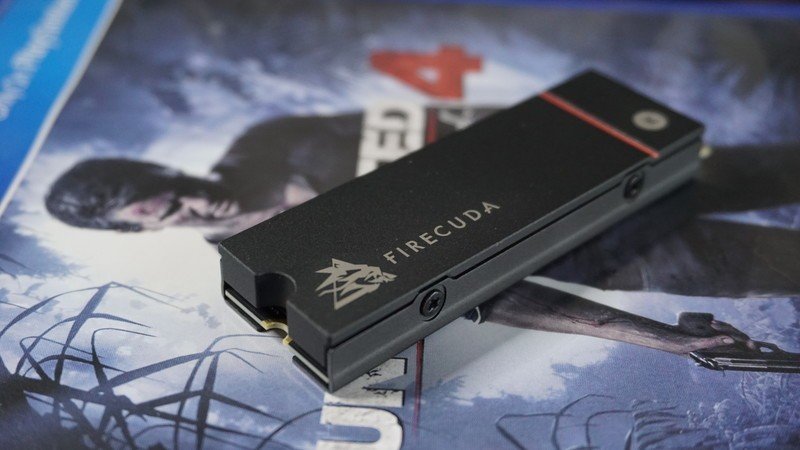
The biggest hit against the FireCuda 530 isn't exactly in Seagate's control at the moment. It's simply out-of-stock at a lot of stores because of how popular it is and the fact that it's one of the few SSDs that's confirmed to work with PS5. Other than that, there's not much to dislike about it. SSDs, in general, tend to get rather expensive as you opt for larger sizes, and the FireCuda 530 is no different. Its 4TB model can run you $970, which is well over most of a PlayStation 5 itself.
This isn't the fault of Seagate, but installation is a mess. Installing any internal SSD in the PlayStation 5 is a mess. I'm not going to knock the FireCuda 530 for that, but it's worth mentioning so that people are aware. There isn't a convenient expansion slot that can be easily accessed on the outside of the console. In order to install a new SSD, you'll need to unplug your PS5, move it to a level location, take off one of the faceplates (carefully, lest it breaks), and unscrew the SSD housing unit. People who game on consoles over PC do it for the convenience, and this isn't it.
FireCuda 530 SSD: Competition
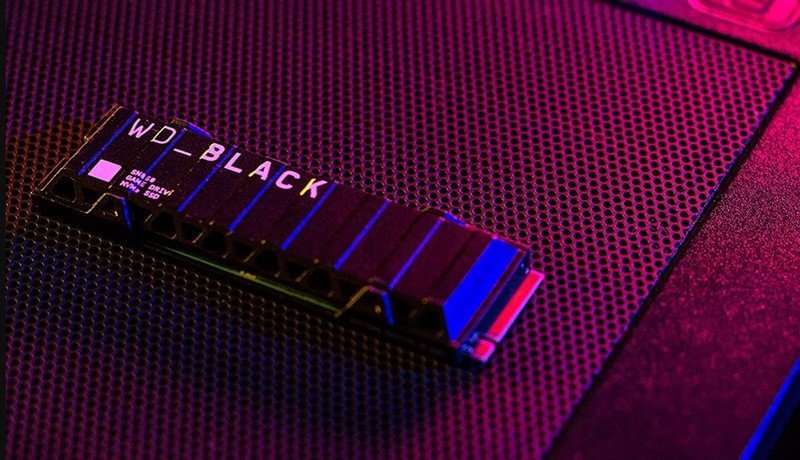
Sony's compatibility requirements for PS5 SSDs limit your choices across the market. Aside from Seagate, you'll find that Western Digital offers excellent SSDs. The WD Black SN850, in particular, is one that PlayStation architect Mark Cerny even chose for himself. It boasts read speeds of up to 7,000MB/s and write speeds up to 5,300MB/s. The heatsink ensures it works perfectly with PS5 and keeps it cool without overheating.
Its downfall is that it only comes in 500GB, 1TB, or 2TB models. The FireCuda has all of those plus a 4TB model to choose from, though both brands can get expensive when talking larger numbers like that.
FireCuda 530 SSD: Should you buy it?
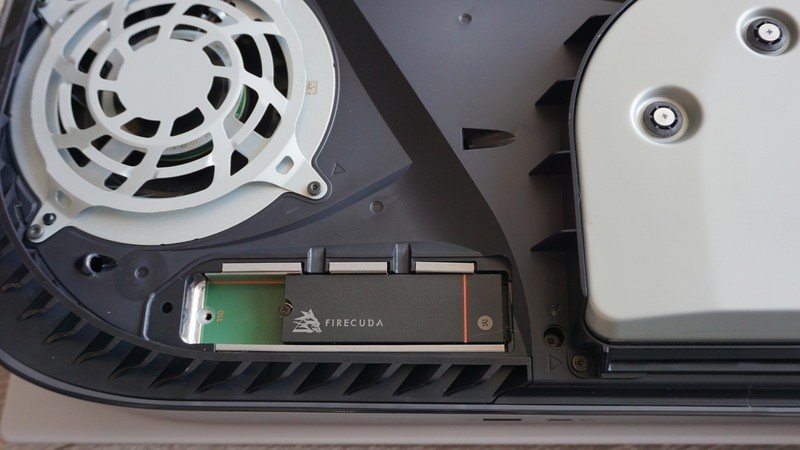
You should buy this if ...
- You want to expand your PS5 storage
- You want comparable performance to the PS5's built-in SSD
- You have the extra money to spend
You shouldn't buy this if...
- You're okay with deleting and redownloading games
- You don't want to spend more than $150
Anyone who doesn't play a lot of PS5 games or who's comfortable deleting and redownloading them won't find much use in the FireCuda 530. But I have a feeling that a large amount of PS5 users would benefit from it, regardless. Unfortunately, Sony didn't exactly make it easy to expand its storage, so knowing how to add an internal SSD to your PS5 is crucial.
4.5 out of 5
I realize that any SSD can be a hard sell, given its price. They're certainly not cheap. A 2TB option can run you just as much as the console itself, if not more, and 500GB options just aren't worth it, in my opinion. That said, the FireCuda 530 is really nice, delivering nearly the exact same performance as the PS5's built-in SSD does.
I can't comment on how well it would work inside a PC, but for people in the market for a PS5 SSD, this is one of the best you can buy. It has very little going against it and so much going for it that should you have the extra spending money, it's a no-brainer.
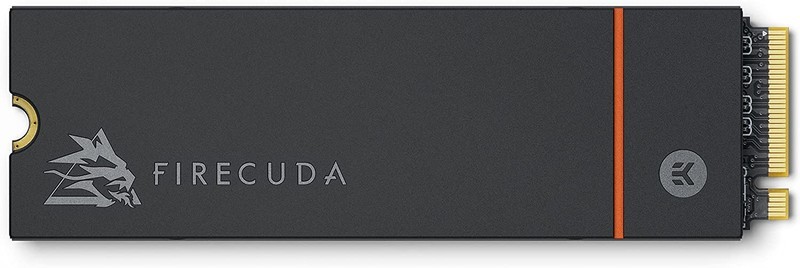
FireCuda 530 SSD w/ heatsink (500GB)
Bottom line: The FireCuda 530 is the perfect match for your PlayStation 5. Fast speeds meet a slim design that'll have you playing all of your favorite games in no time.

Jennifer Locke has been playing video games nearly her entire life. You can find her posting pictures of her dog and obsessing over PlayStation and Xbox, Star Wars, and other geeky things.
